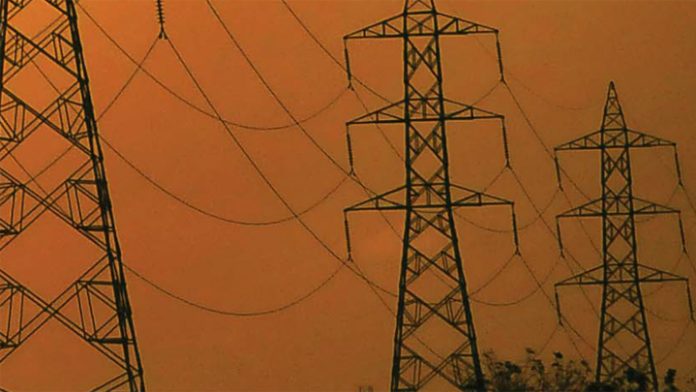[ad_1]
ECONOMYNEXT – Sri Lanka’s political parties are now trying to cobble together alliances from a fragmented political landscape in the hope getting in to stronger positions ahead of presidential polls expected between September 17 and October 16.
The composition of the current parliament has changed significantly since 2020, with many legislators no longer affiliated with their original parties after an economic crisis fragmented the then ruling alliance.
Some MPs from the ruling coalition are now in opposition, while some are are in President Ranil Wickremesinghe’s government.
Some legislators claim to be independent, while others have resigned, seeing no value in their positions.
However, political parties may be compelled to forge alliances to form a stable government after the presidential polls. These coalitions may range from nationalist to centrists to leftist.
The presidential election date is yet to be declared, but the election commission has said it will be held within a month after September 17.
Here are insights into how alliances are shaping up and the early campaign pledges based on policy documents and analysts’ comments:
MODERATE LEFT
A once far left Marxist Janatha Vimukthi Peramuna (JVP) has moderated its views under the National People’s Power (NPP) coalition.
The NPP has gained popularity due to disillusionment with the main political parties after a series of economic crises seen since the end of a war.
Voters appreciate NPP’s strong stance against corruption, which they blame for the economic crisis.
JVP leader Anura Kumara Dissanayaka has become a prominent political figure. His criticism of President Wickremesinghe’s government appeals to government employees, trade unions, and rural voters.
Harini Amarasuriya, a NPP legislator and rights activist, has influenced professionals and the upper echelons to reconsider the political landscape dominated by center-right and center-left parties since 1948.
Informal surveys suggest increasing support for the NPP due to its anti-corruption stance.
However, the NPP has not fully clarified its economic and foreign policies.
The party’s inward-looking trade policies may conflict with the need for long term economic growth.
A non-aligned foreign policy is crucial to navigate the India-China geopolitical tension within Sri Lanka. The NPP’s closeness to Russia, China, and Cuba raises questions about its foreign policy capabilities, according to some observers.
NPP Policies:
- People-oriented policies with social justice and economic democracy
- Changes to the IMF deal
- More subsidies and welfare benefits for the vulnerable
- Likely to end to state asset sales
- Strong anti-corruption measures
CENTER-RIGHT SJB
The main opposition, center-right Samagi Jana Balawegaya (SJB), is leading in informal opinion polls, with some ruling Sri Lanka Podujana Peramuna (SLPP) legislators joining due to SJB leader Sajith Premadasa’s popularity.
However, the SJB faces a potential split, with key members possibly backing Wickremesinghe.
Premadasa’s inclusion of SLPP parliamentarians has caused discontent among hardcore SJB members.
He has campaigned against several key laws of Wickremesinghe’s government, leveraging anti-incumbency sentiments and public protests.
SJB Policies:
- Economic revival
- Export-led economy
- Amendments to the IMF deal
- Increased social welfare spending
- Anti-corruption measures
INDEPENDENT COALITION BACKING WICKREMESINGHE
A coalition is forming to back President Wickremesinghe, including the United National Party (UNP), factions of the SLPP, key Tamil and Muslim minority parties, and breakaway SJB MPs.
Opinion differences between Wickremesinghe and the ruling SLPP indicate a potential split in the ruling coalition, analysts say
Wickremesinghe is courting support from ethnic minority parties, but the election results will confirm their backing.
Wickremesinghe Policies:
- Economic focus
- Continuation of IMF-led reforms
- Government as regulator
- More free trade agreements
- Export-led economy
- State asset sales
SINHALA NATIONALISTIC SJB
A new movement, Sarva Jana Balaya (SJB), has formed, comprising nationalists advocating for the Sinhala Buddhist majority. While unlikely to win the election, it could influence voters and support another candidate.
Likely Policies:
- No foreign asset sales
- Inward-looking economic policies
- No power devolution
- Anti-West and anti-India stance
(Colombo/June 25/2024)
[ad_2]
Source link


